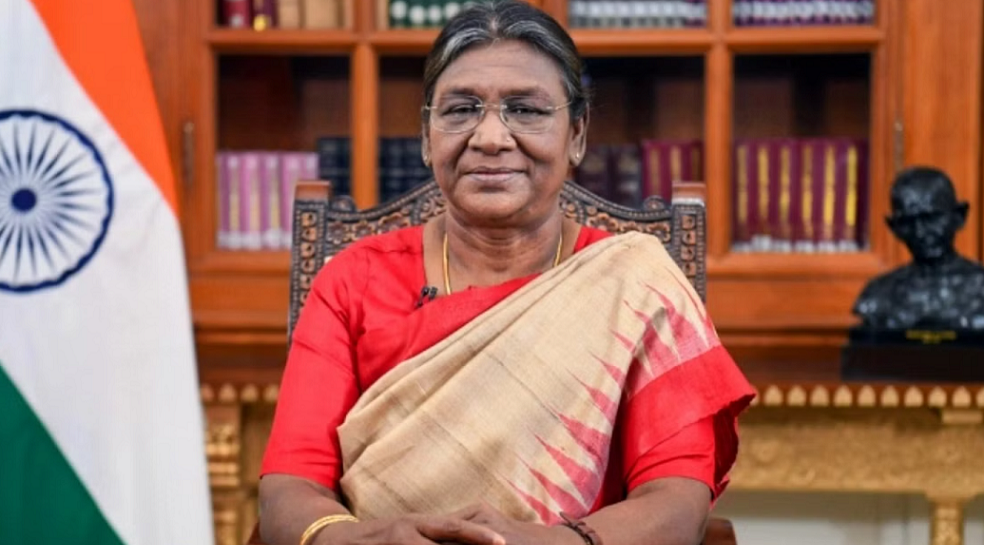
In a thought-provoking address at the 69th convocation of IIT Kharagpur, President Droupadi Murmu raised concerns about the absence of any Indian educational institution among the world's top 50. Acknowledging the importance of prioritizing quality education over rankings, President Murmu emphasized that achieving a good ranking not only attracts global students and faculty but also enhances the reputation of the nation.
President Murmu began her address by underscoring the historical significance of India as the world's oldest knowledge tradition. Despite this rich heritage, she urged the audience to reflect on the fact that no Indian educational institution has secured a spot among the top 50 globally. While she acknowledged that the pursuit of rankings should not overshadow the importance of providing a good education, she emphasized the positive impact that global recognition can have on attracting talent and bolstering the country's reputation.
Addressing the gathering at IIT Kharagpur, the president called upon the institution, the oldest IIT in the country, to take significant strides in innovation and technology. She stressed the pivotal role that institutions like IIT Kharagpur must play in developing and implementing revolutionary technologies to compete on the global stage.
Commending IIT Kharagpur for aligning with the government's internationalization and global collaboration policy, President Murmu highlighted the importance of alliances with global institutions. She expressed optimism that such collaborations would not only elevate IIT Kharagpur internationally but also contribute to the global recognition of the Indian education system.
President Murmu underscored the vital role of technology in promoting social justice and equality. She emphasized that the right to technology should be universal, and its use should be geared toward reducing societal disparities. Citing the example of digital payment systems, she illustrated how technology has simplified life and benefited small traders.
Turning her attention to the global reputation of Indian Institutes of Technology -IITs, President Murmu recognized them as incubation centers of talent and technology. She praised IIT Kharagpur, the pioneer in the IIT system, for its unparalleled contribution to the country's development over its 73-year journey.
President Murmu emphasized India's ascent to new heights, setting new standards, and emerging as a major world power. She envisioned a future where India would play a crucial role in finding solutions to global challenges in the spirit of "Vasudhaiva Kutumbakam," a belief that the world is one family. She underscored the importance of technology in this process and identified areas such as computerization, solar energy, genomics, and large language models as catalysts for revolutionary changes in social life.
Encouraging a growth-oriented, futuristic, and curious mindset, President Murmu called on individuals to cultivate gratitude toward the nation and society for their present achievements. Notably, she highlighted the increasing participation of women in science and technology, urging more women to come forward and pursue these fields.
Director VK Tewari shared an ambitious vision for IIT Kharagpur, aiming to place it among the top 10 higher educational institutions globally by 2030. He mentioned the awarding of degrees to over 3,200 students during the convocation and outlined the institute's national mission projects and collaborations with esteemed institutions like ISRO, DRDO, and ONGC.
This year's convocation also saw the conferral of honorary degrees to notable figures, including Google CEO Sundar Pichai, Sanskrit scholar Mahamahopadhyay Bhadreshdas Swami, electrical engineering entrepreneur Ravinder Nath Khanna, and entrepreneur Ajit Jain. The Lifetime Achievement Award was bestowed upon Prof Ramchandra Prabhakar Gokam, recognizing his significant contributions.
In conclusion, President Droupadi Murmu's address at IIT Kharagpur's convocation served as a call to action for Indian educational institutions to focus on innovation, collaboration, and global recognition to propel themselves among the world's top-ranked institutions.